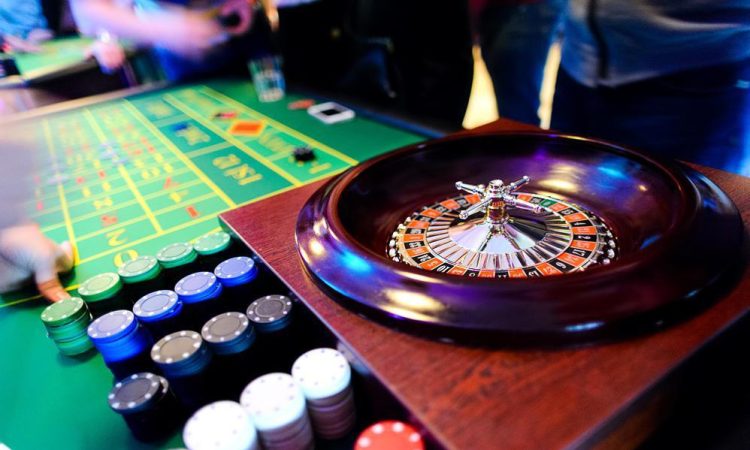
Slot machines have long been a staple in casinos and entertainment venues worldwide, offering excitement and the possibility of substantial winnings. However, beyond the thrill of the game, these devices also raise important societal issues related to economics, addiction, and regulation. Let’s delve into the multifaceted impact of slot machines on society.
Economic Contribution
Slot machines contribute significantly to the economies of regions where gambling is legal. Casinos generate revenue from slot machines through player wagers, which in turn supports jobs, infrastructure development, and local businesses. In many jurisdictions, gambling taxes provide substantial funding for public services and community projects.
Employment and Industry Growth
The gambling industry, including slot machines, supports a wide range of jobs—from casino staff to game developers and regulatory agencies. This sector’s growth has spurred technological innovation and created opportunities for entrepreneurship and investment.
Social and Psychological Impact
While many enjoy slot machines responsibly as a form of entertainment, there are concerns about their potential negative impacts:
– Addiction: Slot machines can be highly addictive due to their fast-paced gameplay, frequent rewards (even small ones), and the allure of winning big. Problem gambling can lead to financial difficulties, strained relationships, and mental health issues.
– Regulation and Responsible Gambling: Governments and regulatory bodies implement measures to promote responsible gambling, such as age restrictions, self-exclusion programs, and limits on betting amounts. Efforts are also made to educate the public about the risks associated with gambling.
Technological Advancements and Accessibility
The shift from mechanical to digital slot machines has increased accessibility and convenience. Online and mobile platforms allow people to gamble from anywhere at any time, raising concerns about increased gambling prevalence and the potential for underage gambling.
Ethical Considerations
Debates surrounding the ethics of gambling, particularly with slot machines, are ongoing:
– Exploitation vs. Personal Choice: Critics argue that slot machines exploit psychological vulnerabilities to encourage excessive gambling. Proponents emphasize personal responsibility and the freedom to engage in legal activities.
– Impact on Vulnerable Populations: Certain demographics, such as low-income individuals and those with pre-existing gambling problems, may be disproportionately affected by the accessibility and addictive nature of slot machines.
Community Impact and Public Perception
The presence of casinos and slot machines can influence community dynamics and perceptions:
– Tourism and Local Economy: Casinos often attract tourists and visitors, contributing to local tourism industries and enhancing the overall appeal of a region.
– Cultural and Social Norms: Public attitudes towards gambling vary widely across cultures and societies, influencing how gambling activities, including slot machines, are perceived and regulated.
Conclusion
Slot machines occupy a unique place in the realm of entertainment and commerce, offering both excitement and controversy. While they contribute to economic growth and provide entertainment for millions, their societal impact—particularly concerning addiction, regulation, and ethical considerations—merits careful consideration and ongoing dialogue.
Balancing the benefits of economic development and entertainment with concerns about addiction and social responsibility remains a complex challenge. As technologies and attitudes evolve, so too will the discourse surrounding the role of slot machines in our societies.




